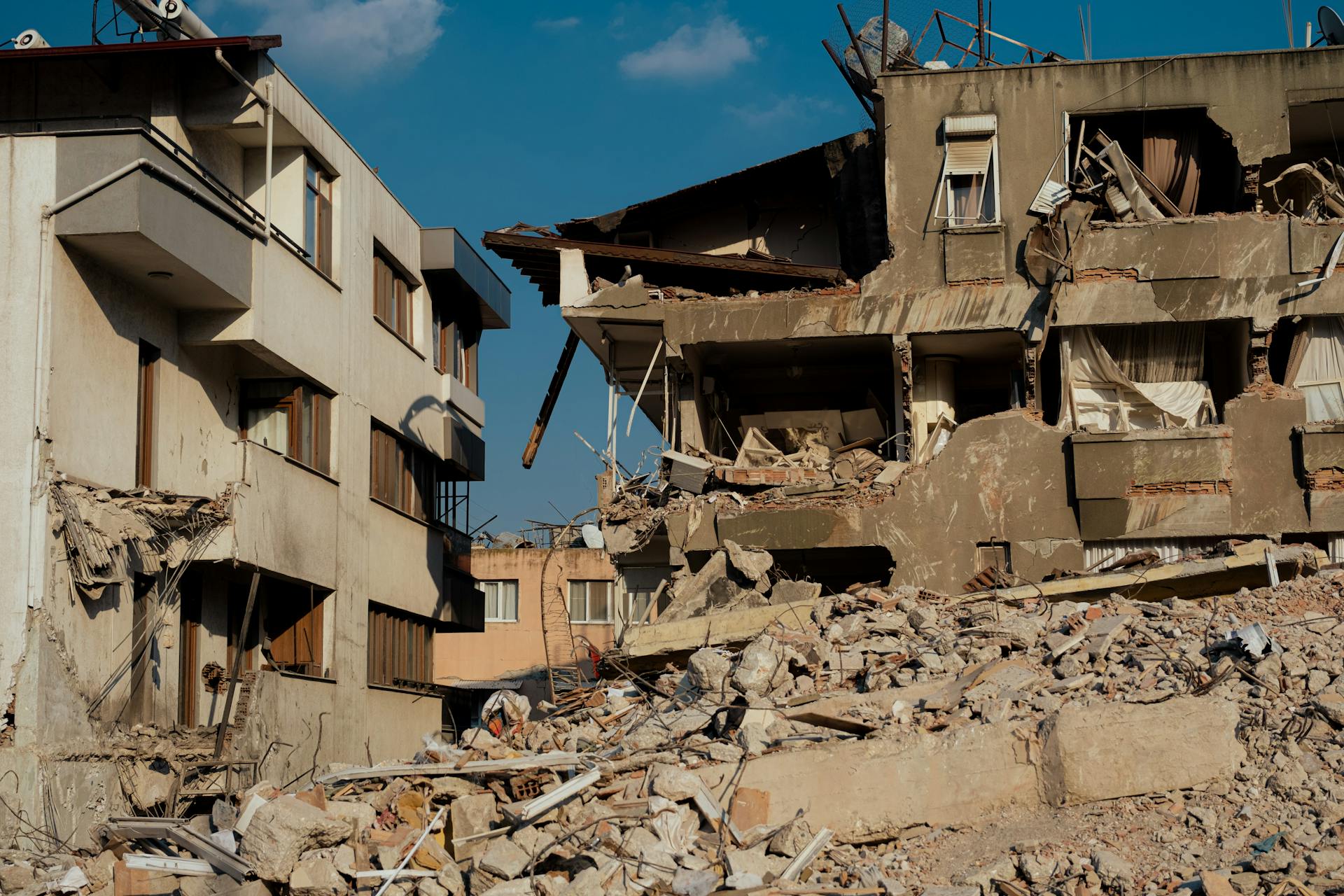Looking at its current problems, it seems that Johannesburg is on the edge of completely falling apart. With its crumbling infrastructure, rising crime rates, and decreasing resources, the city is dealing with serious problems that put its liveability and economic health at risk.
Infrastructure or infra-destruction?
Johannesburg’s problems with its infrastructure are visible all around.
Motorists often endure delays caused by malfunctioning traffic lights, mostly due to crime and vandalism. The Gauteng Provincial Department of Roads and Transport (GPDRT) has introduced a public-private partnership model to maintain key intersections, but progress remains slow. The GPDRT oversees most of the main roads crisscrossing the city. It recently initiated a private-public collaboration that will see business and resident associations ‘adopt’ an intersection to maintain its infrastructural integrity.
City Power constantly battles electricity infrastructure theft, forcing it to divert funds meant for network improvements to repair damages instead.
According to Gauteng News, a staggering 80% of Johannesburg’s bridges are at risk of collapse, because of years of neglect. Another consequence stemming from neglect seems to be the ongoing water crisis. Almost half of the city’s water is lost because of leaks. The concerning situation has worsened due to severe underinvestment in pipe replacement.
There’s been public concern over delays in repairing the road and other infrastructure damaged in a July 2023 gas explosion.
Is the compartmentalised governance the issue?
Johannesburg’s compartmentalised system of governance aims to manage different areas effectively. However, this often leads to confusion because of overlapping duties and slow bureaucratic processes. On top of that, provincial departments make things even more complicated, which slows down quick fixes for important problems like building infrastructure and providing basic services.
“The city is fast crumbling before our very eyes due to little to no investment in basic services.”
Nicole van Dyk, DA shadow MMC for environment and infrastructure services
Johannesburg’s hijacked buildings crisis
The Central Business District (CBD) of Johannesburg is feeling the effects of urban decline, which is getting worse due to a growing population and unsuccessful social housing initiatives. Places like Brixton and Melville are struggling with illegal housing and overcrowded homes, putting even more pressure on the city’s resources.
Like other major metros, Johannesburg continues to grapple with illegal occupation of its properties. The City of Johannesburg says as many as 48 of its buildings have been hijacked.
Since taking over as Mayor recently, Dada Morero has been calling for a partnership among stakeholders, including the provincial government.
In his State of the Province address, Premier Panyaza Lesufi promised a rejuvenation of the inner city.
Meanwhile, The City says a contractor has been appointed to repair a part of Lillian Ngoyi Street in the CBD. This is after the termination of a previous service provider, who failed to resolve faults in due time.
What is your opinion on the Johannesburg collapse?
Let us know by clicking on the comment tab below this article.
You can also email info@thesouthafrican.com or send a WhatsApp to 060 011 021 1.
Also, follow @TheSAnews on X and The South African on Facebook for the latest news.
